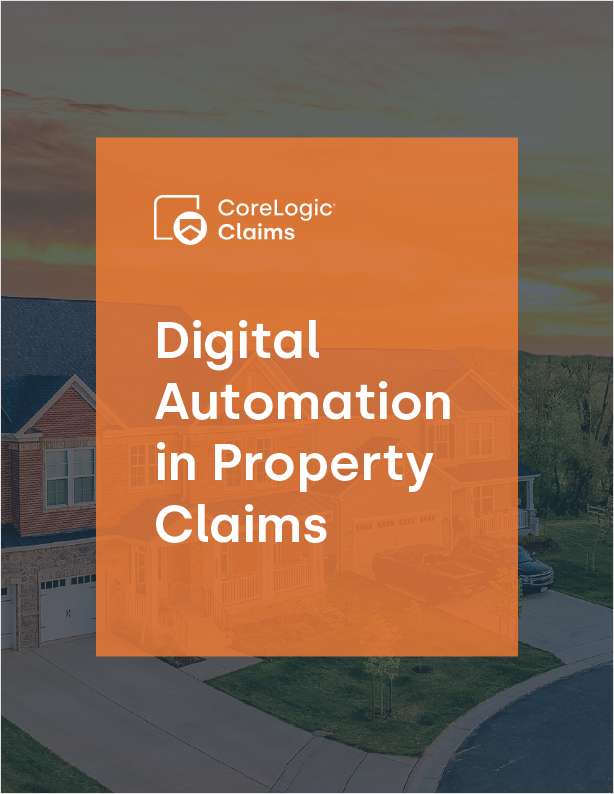Amid Racism and Privilege, It's Time to Check Our Profession
Recognizing the homogeneity of our profession is no longer enough. We must examine the ways in which we continue to perpetuate the exclusionary roots of the profession.
July 15, 2020 at 01:59 PM
3 minute read

The vestiges of racism can be seen all around us. The murder of George Floyd is the most recent incident of a black man being killed by the police. But this time it feels different. This time, people are standing up differently. Not all have the language or the voice but they have the desire to see beyond the media's narrative, to be allies in a struggle that many of us have been fighting for a lifetime.
Cries for justice — legal, social and racial — pepper social media posts and leave the lips of protestors. Our profession is heralded as the profession responsible to uphold and protect the rule of law and many look to us to answer the question, Why?
Explaining systemic oppression and racism is not easy. It takes time, knowledge and energy to explain why we continue to see the vestiges of slavery; why our laws were created, applied and interpreted against blacks; why redlining, housing segregation, police brutality, employment discrimination and educational inequality continue to exist. How can we answer those questions when our profession helped to create and continues to support these systems of oppression? Perhaps we cannot tackle every system but we can start by looking inward at the ways in which our profession continues to be centered around whiteness.
The American Bar Association (ABA) was moved forward by members of the Connecticut Bar Association (CBA) to "to advance the science of jurisprudence, promote the administration of justice and uniformity of legislation throughout the Union, uphold the honor of the profession of law and encourage cordial intercourse among the members of the American Bar." The Founding of the American Bar Association, Simeon E. Baldwin (ABA J. 695 1917).
The goals were laudable and the ABA has been a significant leader in promoting and upholding the rule of law, access to justice, professionalism, diversity and inclusion and educating the public about the law. But we cannot ignore that in the early years, the organization intentionally centered regulations around whiteness and maleness. As law schools sought to meet the growing need of prospective students, in particular women, black, Jewish and other ethnic minorities, the ABA intervened. Every point of entry into the profession was regulated by the ABA; the creation and existence of law schools (eliminating night school, for profit schools, black law schools and rural law schools), educational standards for entry into law schools (preventing those denied access to formal education from attending, and fostering the reliance on biased admissions tests like the LSAT) and setting criteria for admission to the bar (eliminating apprenticeship and diploma privilege). There is no surprise that we have a diversity problem in the profession when the history of our profession is rooted in discrimination. It is time to make meaningful change.
Recognizing the homogeneity of our profession is no longer enough. We must examine the ways in which we continue to perpetuate the exclusionary roots of the profession and the ways in which holding on to tradition and outdated regulations perpetuate the narrative that our profession is by and for whites only. It is time to dismantle the system that has privileged all of us. It is time to check our gatekeepers so that all have the opportunity to access the system. It is time to break one of the many U.S. systems that privilege one group of people to the detriment of another.
This content has been archived. It is available through our partners, LexisNexis® and Bloomberg Law.
To view this content, please continue to their sites.
Not a Lexis Subscriber?
Subscribe Now
Not a Bloomberg Law Subscriber?
Subscribe Now
NOT FOR REPRINT
© 2025 ALM Global, LLC, All Rights Reserved. Request academic re-use from www.copyright.com. All other uses, submit a request to [email protected]. For more information visit Asset & Logo Licensing.
You Might Like
View All
ADVANCE Act Offers Conn. Opportunity to Enhance Carbon-Free Energy and Improve Reliability With Advanced Nuclear Technologies

Trending Stories
- 1States Accuse Trump of Thwarting Court's Funding Restoration Order
- 2Microsoft Becomes Latest Tech Company to Face Claims of Stealing Marketing Commissions From Influencers
- 3Coral Gables Attorney Busted for Stalking Lawyer
- 4Trump's DOJ Delays Releasing Jan. 6 FBI Agents List Under Consent Order
- 5Securities Report Says That 2024 Settlements Passed a Total of $5.2B
Who Got The Work
J. Brugh Lower of Gibbons has entered an appearance for industrial equipment supplier Devco Corporation in a pending trademark infringement lawsuit. The suit, accusing the defendant of selling knock-off Graco products, was filed Dec. 18 in New Jersey District Court by Rivkin Radler on behalf of Graco Inc. and Graco Minnesota. The case, assigned to U.S. District Judge Zahid N. Quraishi, is 3:24-cv-11294, Graco Inc. et al v. Devco Corporation.
Who Got The Work
Rebecca Maller-Stein and Kent A. Yalowitz of Arnold & Porter Kaye Scholer have entered their appearances for Hanaco Venture Capital and its executives, Lior Prosor and David Frankel, in a pending securities lawsuit. The action, filed on Dec. 24 in New York Southern District Court by Zell, Aron & Co. on behalf of Goldeneye Advisors, accuses the defendants of negligently and fraudulently managing the plaintiff's $1 million investment. The case, assigned to U.S. District Judge Vernon S. Broderick, is 1:24-cv-09918, Goldeneye Advisors, LLC v. Hanaco Venture Capital, Ltd. et al.
Who Got The Work
Attorneys from A&O Shearman has stepped in as defense counsel for Toronto-Dominion Bank and other defendants in a pending securities class action. The suit, filed Dec. 11 in New York Southern District Court by Bleichmar Fonti & Auld, accuses the defendants of concealing the bank's 'pervasive' deficiencies in regards to its compliance with the Bank Secrecy Act and the quality of its anti-money laundering controls. The case, assigned to U.S. District Judge Arun Subramanian, is 1:24-cv-09445, Gonzalez v. The Toronto-Dominion Bank et al.
Who Got The Work
Crown Castle International, a Pennsylvania company providing shared communications infrastructure, has turned to Luke D. Wolf of Gordon Rees Scully Mansukhani to fend off a pending breach-of-contract lawsuit. The court action, filed Nov. 25 in Michigan Eastern District Court by Hooper Hathaway PC on behalf of The Town Residences LLC, accuses Crown Castle of failing to transfer approximately $30,000 in utility payments from T-Mobile in breach of a roof-top lease and assignment agreement. The case, assigned to U.S. District Judge Susan K. Declercq, is 2:24-cv-13131, The Town Residences LLC v. T-Mobile US, Inc. et al.
Who Got The Work
Wilfred P. Coronato and Daniel M. Schwartz of McCarter & English have stepped in as defense counsel to Electrolux Home Products Inc. in a pending product liability lawsuit. The court action, filed Nov. 26 in New York Eastern District Court by Poulos Lopiccolo PC and Nagel Rice LLP on behalf of David Stern, alleges that the defendant's refrigerators’ drawers and shelving repeatedly break and fall apart within months after purchase. The case, assigned to U.S. District Judge Joan M. Azrack, is 2:24-cv-08204, Stern v. Electrolux Home Products, Inc.
Featured Firms
Law Offices of Gary Martin Hays & Associates, P.C.
(470) 294-1674
Law Offices of Mark E. Salomone
(857) 444-6468
Smith & Hassler
(713) 739-1250












